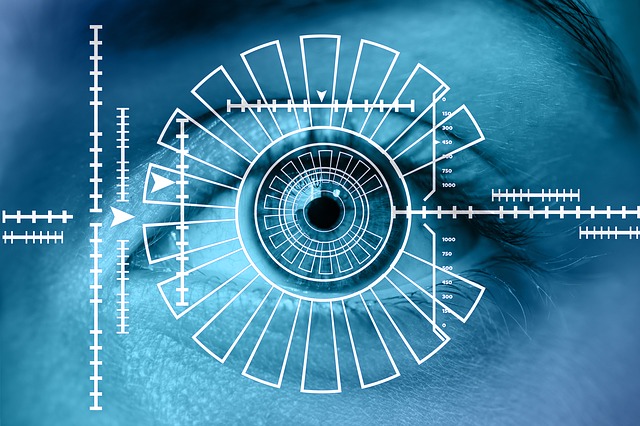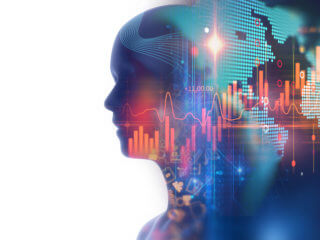Google’s AI can predict heart diseases by scanning retina
What if some automated technology looks at your eyes and predicts how prone you are to having a heart disease?
Machine learning turned out to be revolutionary technology as scientists at Google have discovered a new way to treat heart disease by looking into the eye of a person. Google’s health-tech subsidiary Verily Life Sciences was working on this project long ago. By scanning the retina, the tool can easily deduce accurate data, which includes individual’s blood pressure, age, and their smoking habits. The paper published in the journal Biomedical Engineering describes the work of this technology. Moreover, Google was successful in creating an algorithm that is based on analysing medical data for 300,000 patients and eye scans. This technology can easily predict an individual’s risk to the heart attack with the same accuracy as current prominent methods.
The algorithm enables the doctors to determine patient’s cardiovascular diseases without doing any blood tests. However, the method is undergoing some tests in order to come to the healthcare market.
The research about this project was shared on last September. Luke Oakden-Rayner who is the superior researcher in Machine learning analysis, at the University of Adelaide told that AI could be used to improve various diagnostic tools. Currently, they are taking data for experimenting and getting more out of that data through machine learning. Google Scientists used this technology to analyse 300,000 patients, whereas neural networks were used to draw patterns related to age and blood pressure.
Fundus-the real interior wall of an eye is packed with blood vessels that eventually determines the overall health of an individual. By learning about this area with microscope and camera, doctors can easily infer patients’ blood pressure and age.
They can even predict an individual’s smoking habits. All these factors are very crucial when it comes to cardiovascular health issues. Scientists from Verily said that two independent datasets of patients such as 12,026 and 999 were created. Deep learning model was applied to these datasets to see the accuracy of the algorithm. The model was shown pictures of the retina of individuals who did not have any heart attack and those who had a cardiovascular attack within five years of study.
The results were similar when compared with traditional blood testing. Google’s AI technology is ground-breaking in predicting heart disease along with other cardiovascular problems such as heart attack and stroke. Lily Peng who is a lead researcher and Google’s AI expert says that this technology can be applied to other areas as well which may include cancer research and scientific discovery.
However, the accuracy of a model is quite low but its expectations are very high about the future.
As the algorithm can analyze current existing data, it is expected to provide medical insights to the patients without the help of a healthcare professional.
Ms Peng later added that the data used for research was smaller and she expects the high accuracy of the model as more data points are added in future. She further said that within a matter of few years this technology could be used for practical purpose.
Image credit: www.pixabay.com

















